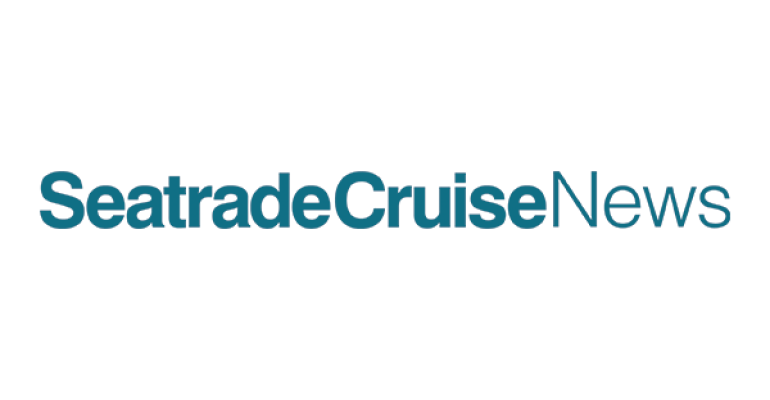Prefacing a wide ranging discussion, moderator Adam Snitzer - who recently joined MSC Cruises as svp of guest services - recalled the analog days of printed reports and manual copying of forms.
Fast forward to 2017 and the industry, now increasingly digitalized, is in the midst of fundamental changes in the nature of processes both ashore and aboard the vessels. Indeed, part of the panelists’ discussion was framed by Richard Fain’s observation in this morning's State of the Industry address to the point of 'if you can measure it, you can manage it'.
There were various discussions of such process measurements and improvement sprinkled throughout the session. Carnival Corp’s chief strategy officer, Josh Liebowitz, talked about the management of food waste - with measurements fed back to the kitchen yielding actionable decisions on portion size.
Palemia Field, head of digital services at ABB Marine, talked improving passenger comfort, noting that, 'sea-sick passengers don’t spend money on food and beverages.'
He also talked about a maintenance situation where a data analysis was used to troubleshoot an oil leak that might otherwise have required a costly shipyard call with significant out of service time.
Wartsila’s Jörgen Strandberg, gm of Advanced Technology at Wartsila focused on fuel consumption measurements, and noted the significant benefits of optimizing planning of itineraries, pointing to cases where fuel burn varied very little across a range of speeds.
Like the other panelists, Field suggested that cruise executives and managers should think about how to use the plethora of data now available - 'focus on what you want to measure' (rather than collecting it for its own sake).
Liebowitz stressed the importance of finding an internal sponsor who could actually spearhead real process changes; after describing the ability to exchange views across multiple discrete brands, he said 'It comes down to people'.
As far as the crew - where Field suggested that, 'the scope of their jobs have changed', they don’t like the feeling that they are being watched but respond positively to small wins, for example savings of time in a particular procedure.
Liebowitz characterized this as always searching for the answers to the crew members’ questions of “What’s in it for me?”
At a time that digitalization is now enabling new ways of interactions with passengers (for example, Carnival Corp’s wearable Ocean Medallion - which clearly creates value for guests - in the words of Strandberg), panelists cautioned about resistance of consumers to detailed tracking of their movements. 'It’s a tricky balance,' opined Liebowitz.
Throughout the panel, concerns were also voiced about the nature of data - variously referred to as the “data swamp” or the “data lake”, that can overwhelm all involved.
Strandberg expressed the concerns that standardization does not exist throughout the industry, and expressed the concern about lack of consistency (in contrast to aviation, for example).
Looking ahead, he saw potential for strong working partnerships between the cruise lines and their vendors as one way of moving towards data consistency. Field, also looking to the future, said that mobile devices, in the hands of crew, were rapidly finding applicability in the collection of data.
Copyright © 2024. All rights reserved. Seatrade, a trading name of Informa Markets (UK) Limited. Add Seatrade Cruise News to your Google News feed.


